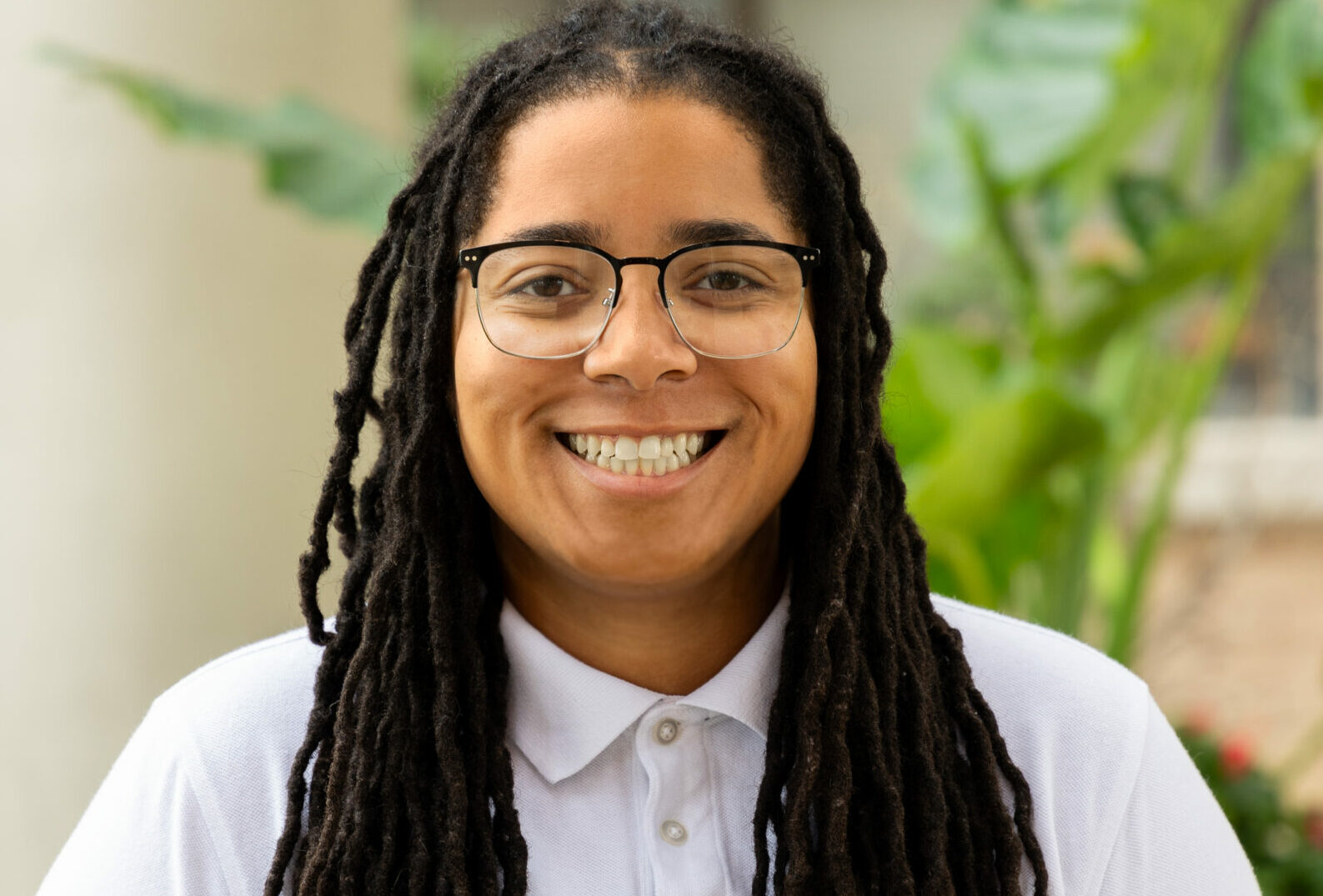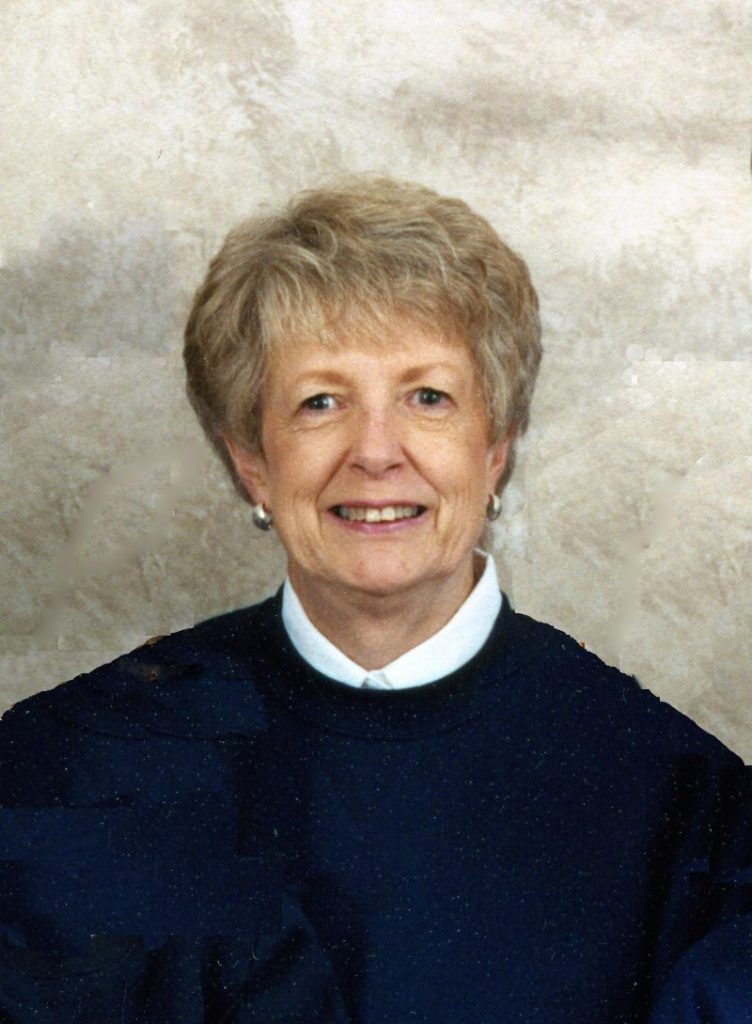Letter to the Editor: It’s been taboo to discuss diversity, equity and inclusion for far too long

Words have meaning, and I’ve heard more about the words diversity, equity and inclusion (DEI) in the last four and a half years than ever before in Quincy and the surrounding area – really all over the country. People are trying to explain what it is and isn’t, why they think it’s useful or poppycock, etc.
I’m not here to explain one way or the other but instead offer a different perspective.
It is my belief that DEI makes many people uncomfortable, especially in polite, quaint areas like West-Central Illinois. No one likes to sit in discomfort for long. It’s human nature to try and fix something quickly that’s making us uncomfortable and, unfortunately, I think this was the approach many sought during the pandemic and with the response for calls to action after the deaths of George Floyd, Breonna Taylor and Ahmaud Arbery in 2020.
And yet, there are other aspects of this area where I experienced extreme discomfort, and DEI as an approach was still viewed as a last resort.
There was the time an executive in the community repeated a racial slur for black people during a meeting, and there was an awkward silence. There was a time when a different executive in the community used a similar racial slur for Black people in a smaller meeting, and I felt frozen – unable to process it and talk with that person until earlier this year.
There was an extremely uncomfortable encounter when a local business owner said he could “use a few strong Black boys” to help him carry out the trash from his establishment – leaving the two people helping him to fumble over their words and hastily throw the trash away, wondering what would cause someone to say that.
There was the time I attended a meeting in the community and an employee said their company/supervisor was “working them like a slavedriver,” complete with a whipping motion and cracking sound. I was especially stunned when, after meeting my spouse at training, an executive in the community shared they were surprised my spouse is white.
More recently, my spouse sought help for an ailment, and a local provider shared we must’ve had our daughter in the sun because she has a nice tan. (Our daughter is biracial.) Three months old, and she’d already experienced her first taste of why organizations should prioritize DEI more often.
Each event involved a different person who also just happened to be white. Each instance (and there are so many more) felt like a punch in the gut. Even recalling the situations can bring up emotions years later.
It is not up to me to decide if these folks are evil, racist, prejudiced, etc. If I had to make a guess, I think they’re regular people like you and me with large knowledge gaps around what it means to be among diverse individuals, to treat them equitably and to ensure people of all backgrounds feel like they are included and belong.
Am I a weak snowflake for wondering how people can say these things out loud and not think there may be biases at work? Am I wrong for wanting accountability?
\What do each of us know about DEI? I’d like to think I know a bit, and the acronym has become close to a curse word in certain circles when I hear it being discussed.
I’d like to offer a different perspective for people to consider. What if we don’t know as much as we think about how some of our neighbors who are living, working and simply being in our community? Many of the topics included in DEI focus on what it might be like for other people. And of course, we don’t want to generalize, and some themes have been researched, co-signed and repeated for decades.
DEI isn’t new, and it didn’t just pop up in 2020. It became more popular. IEPs and 504 plans in the educational setting are DEI policies. They ensure equitable access to education for children living with disabilities. Even wearing glasses can be a modification rooted in equity to ensure the person has vision as close to 20/20 as possible.
In the situations I described above, each event made me question my faith in humanity. It’s why reading that an elected official used lynching as a substitute for anger can send me spiraling. It reminded me of a time an executive in the community said DEI felt like a punishment, and I couldn’t help but chuckle at the response after recalling a few of the above-mentioned situations.
They didn’t know the half.
I started to think to myself that we rarely have these discussions openly as a community in the workplace, local businesses, community meetings, etc. We would much rather put our heads in the sand and pretend there aren’t glaring issues deserving to be addressed and have the attention of each person living and breathing in this area.
For people who believe issues such as the things that happened to me would go away if we stopped talking about it … I was in kindergarten when a peer called me the N word (hard-er). I have no memory of the event, but I know school administrators addressed the situation quickly with emphatic apologies to both of my parents. As I’ve grown older, I’ll always wonder how that little boy, who happened to be white, knew how to use that word in the correct context.
It’s been taboo to discuss topics like this for far too long, and DEI can be an avenue to have some of those discussions in controlled environments with individuals who want to see organizations and communities thrive. We can’t do that without each other, and we certainly can’t do that if we stay divided.
We must stop operating in silos and start discussing how to improve the community as a collective. To do that, we must close the knowledge gap, and DEI is one of many tools we can utilize. As this gets published, it’s quite possible I’ll be called any number and combination of insults. While my experience may be different from others in our area, I’ve talked to other people, and many of us are still navigating heartbreaking scenarios on a regular basis.
If you have trusted relationships with other people who are not like you, talk to them if they are willing. Don’t take my word for it. I’m just a hometown kid who wants to see the community grow with different types of perspectives and sees DEI as a strength versus something we need to get rid of.
If nothing else, remember words have meaning. Choose them carefully.
Macy Ferguson-Smith
Quincy, Illinois
EDITOR’S NOTE: Macy Ferguson-Smith is among 100 people participating in the Obama Foundation’s Leaders program, a six-month virtual program that supports and connects emerging leaders in the United States, Africa, Asia/Pacific and Europe through a values-based leadership framework inspired by the ideals and legacy of former President Barack Obama and former First Lady Michelle Obama.
Miss Clipping Out Stories to Save for Later?
Click the Purchase Story button below to order a print of this story. We will print it for you on matte photo paper to keep forever.

